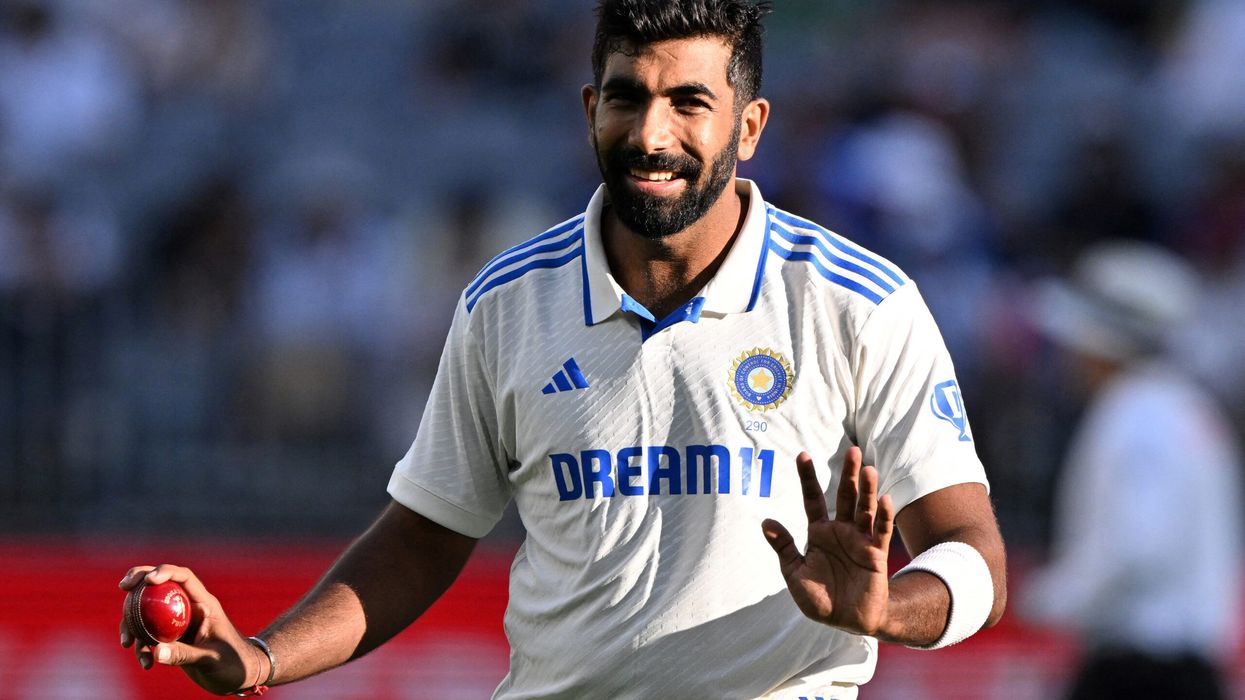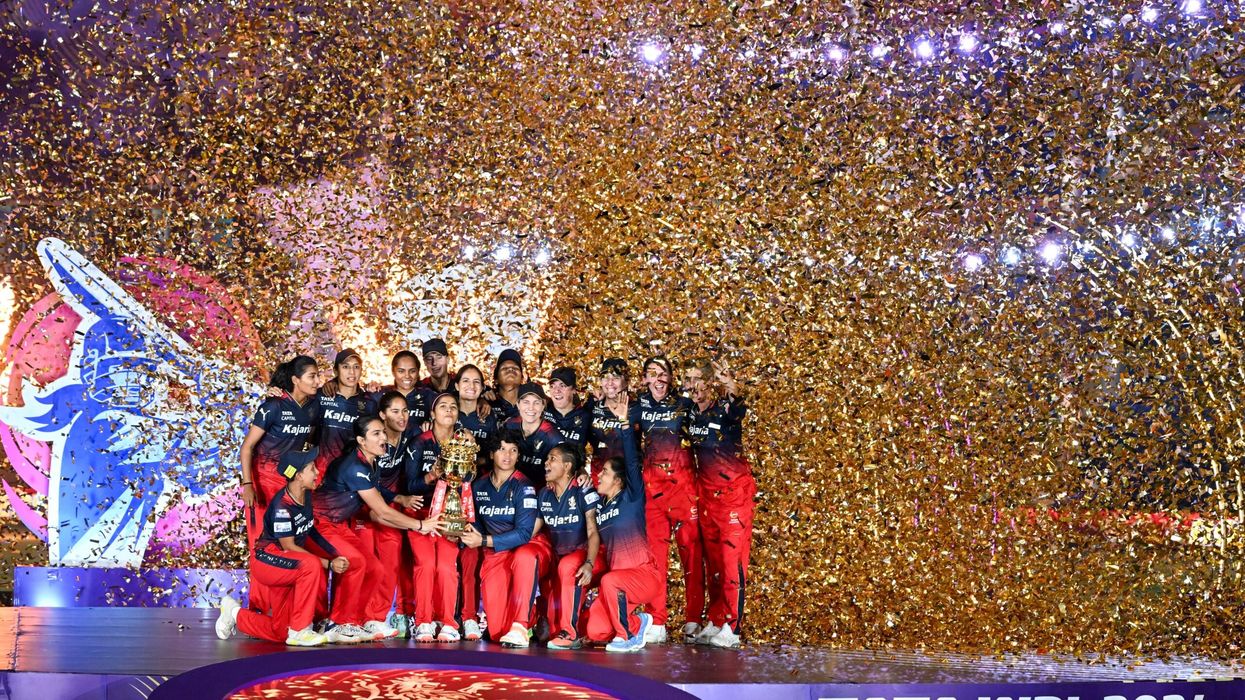THIS week’s Forbes magazine list of the world’s wealthiest people finds 63 billionaires around the planet worth a combined $285 billion who together own 81 teams across seven sports over 12 leagues.
The richest of the lot is former Microsoft chief executive Steve Ballmer, owner of the NBA Los Angeles Clippers, who has a net worth of $23.5 billion after spending $2 billion in 2014 for the club once owned by Donald Sterling before racist statements led to his life ban from the league.
That record price came only months before the NBA signed a record set of nine-year television contract extensions for a total of $24 billion.
Second on the list of world’s richest team owners was India’s richest man, Mukesh Ambani, whose net worth is $19.3 billion. He owns the Mumbai Indians of cricket’s India Premier League.
The remainder of the top five include Paul Allen ($17.5 billion net worth), who started Microsoft with Bill Gates and who owns the NFL Seattle Seahawks and NBA Portland Trail Blazers; Dietrich Mateschitz (13.2 billion) of various Red Bulls football teams - the richest man in football or auto racing - and Stephen Ross ($12 billion) of the NFL Miami Dolphins.
Only five of the world’s 100 richest people own sport teams, none in the top 25 with Balmer best at 26th.
The listing also did not include billionaire families, such as the Glazers, who own English Premier League football side Manchester United and the Tampa Bay Buccaneers, or the Steinbrenners, owning family of Major League Baseball’s New York Yankees.
The NBA has jumped over the NFL in terms of billionaire owners with 20 worth a combined $102 billion compared to the NFL’s 19.
After Ballmer, the wealthiest NBA owner is Stan Kroenke, owner of the Denver Nuggets, NFL Los Angeles Rams, NHL Colorado Avalanche, Major League Soccer Colorado Rapids and English Premier League giants Arsenal.
Other top-five richest NBA owners include Russian Mikhail Prokhorov ($7.6 billion) of the Brooklyn Nets, Mickey Arison ($7.1 billion) of the Miami Heat and Charles Dolan (45 billion) of the New York Knicks.
The NFL’s richest owners include Allen, Ross, Kroenke, Pakistani-born Shahid Khan ($5.9 billion) of the Jacksonville Jaguars and England’s Fulham football club and Jerry Jones ($5 billion) of the Dallas Cowboys.
Washington Nationals owner Ted Lerner, a real estate mogul, tops the richest Major League Baseball owners at $5.5 billion.
Phil Anschutz is the richest of 10 NHL billionaire owners at $9.7 billion. He owns the Los Angeles Kings and Major League Soccer’s Los Angeles Galaxy.
The richest man in sport is Phil Knight, the Nike co-founder ranked 24th on the full Forbes list at $24.4 billion, up 13 percent from last year. He plans to step down this year as chairman of the sportswear giant.
There are four women billionaires who own sports teams, including the NFL’s Joan Tisch ($3.3 billion) of the New York Giants, Denise York ($1.9 billion) of the San Francisco
49ers) and Martha Ford ($1.3 billion) of the Detroit Lions and Gail Miller ($1.4 billion) of the NBA Utah Jazz.



